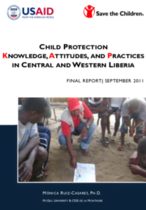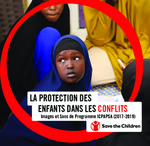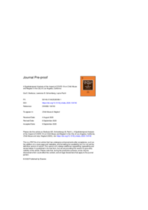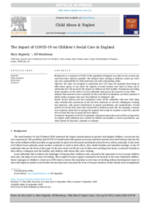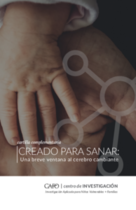The voices of parents and children in foster care
This article presents the results of a qualitative study whose objective was to collect information on the perceptions of changes in parents and their children who are in the Spanish foster care system after completing a positive parenting programme.

